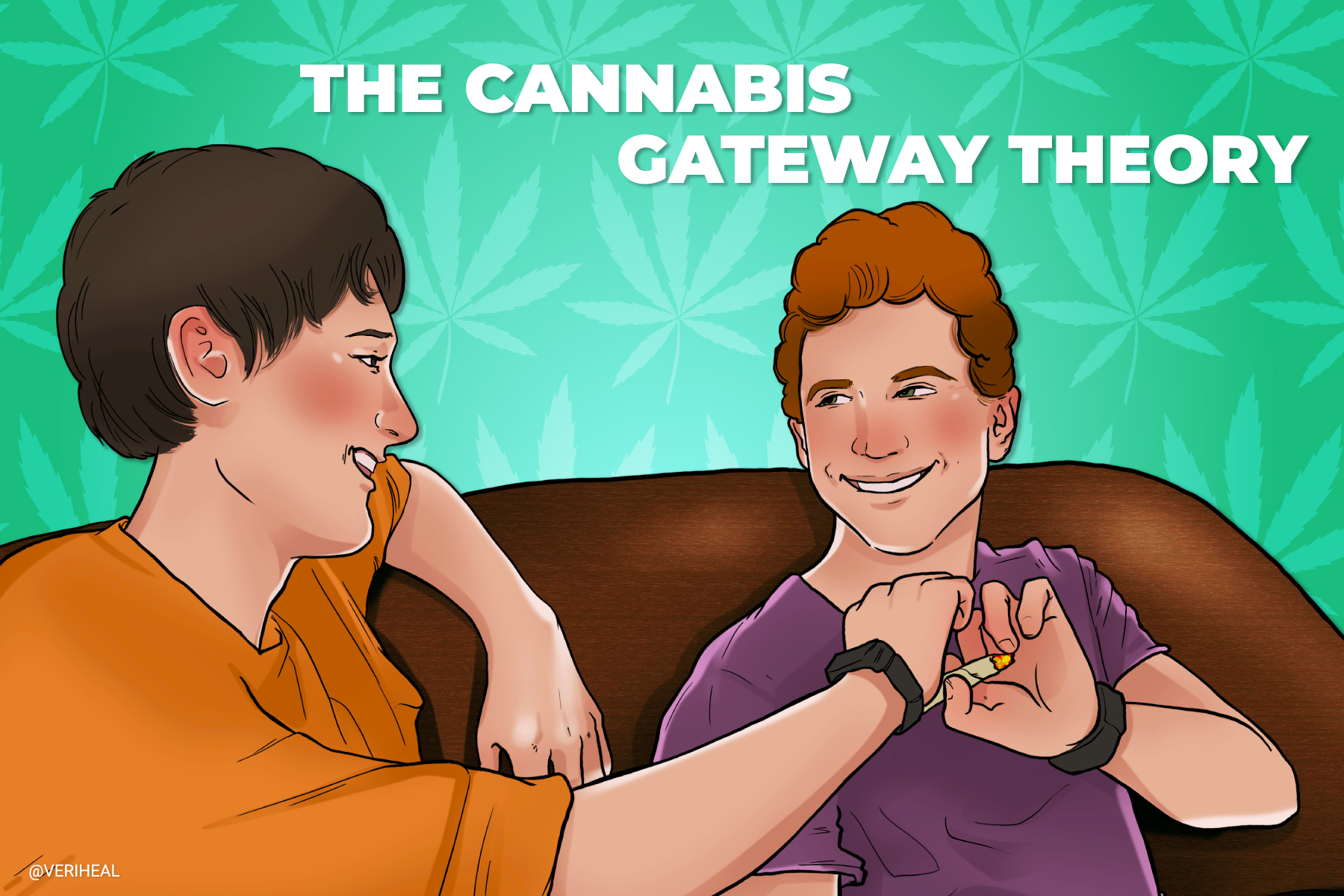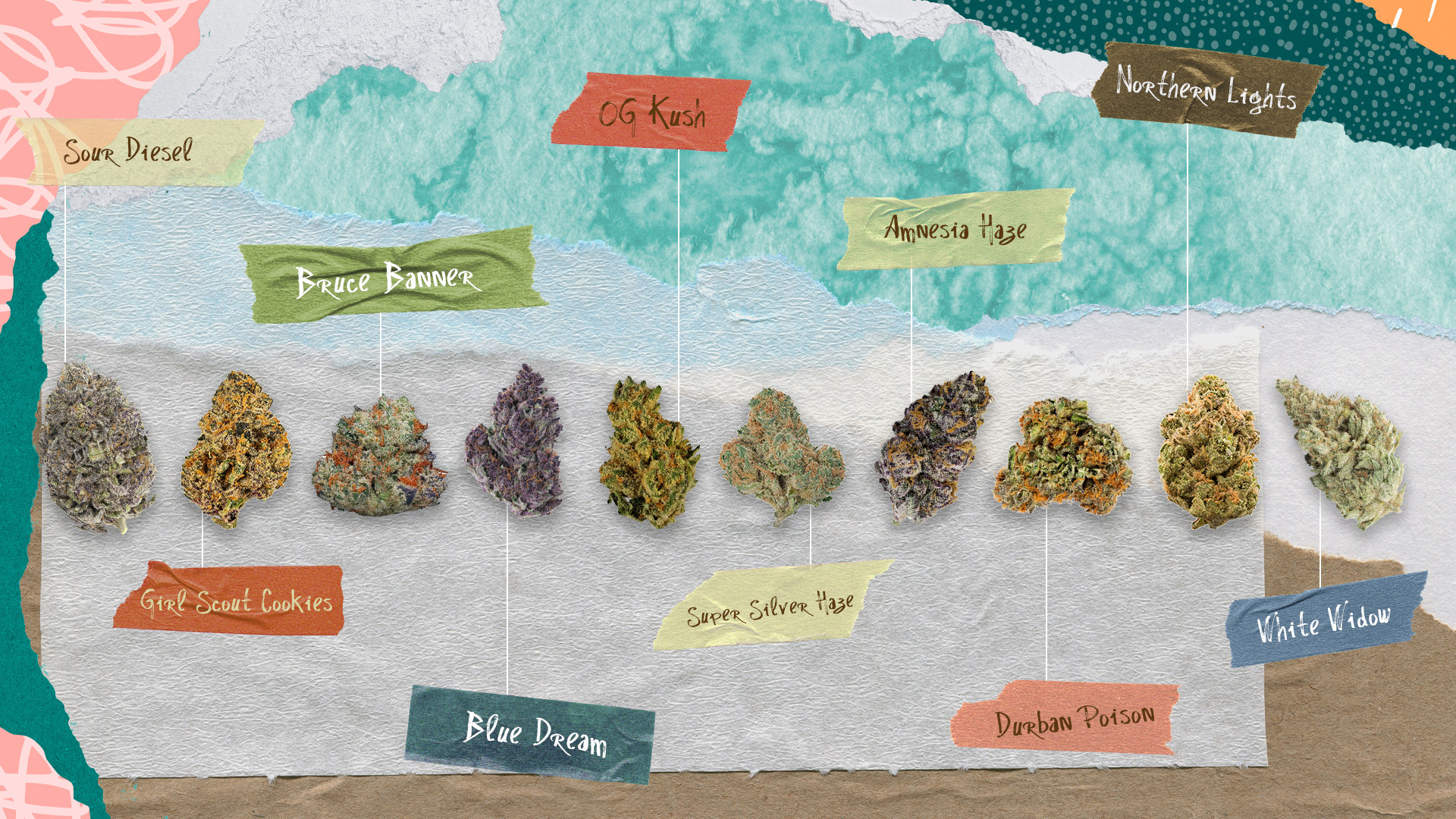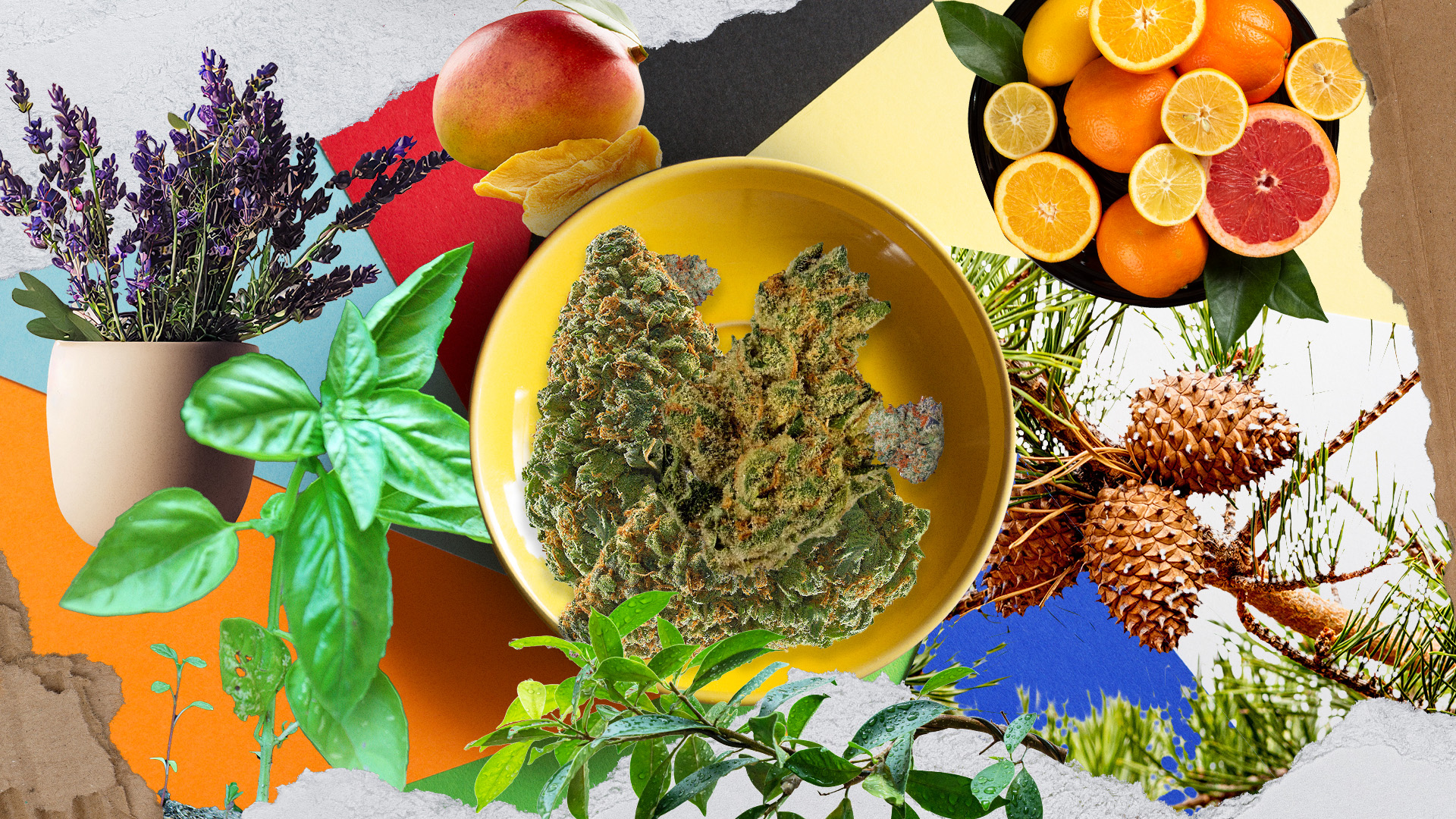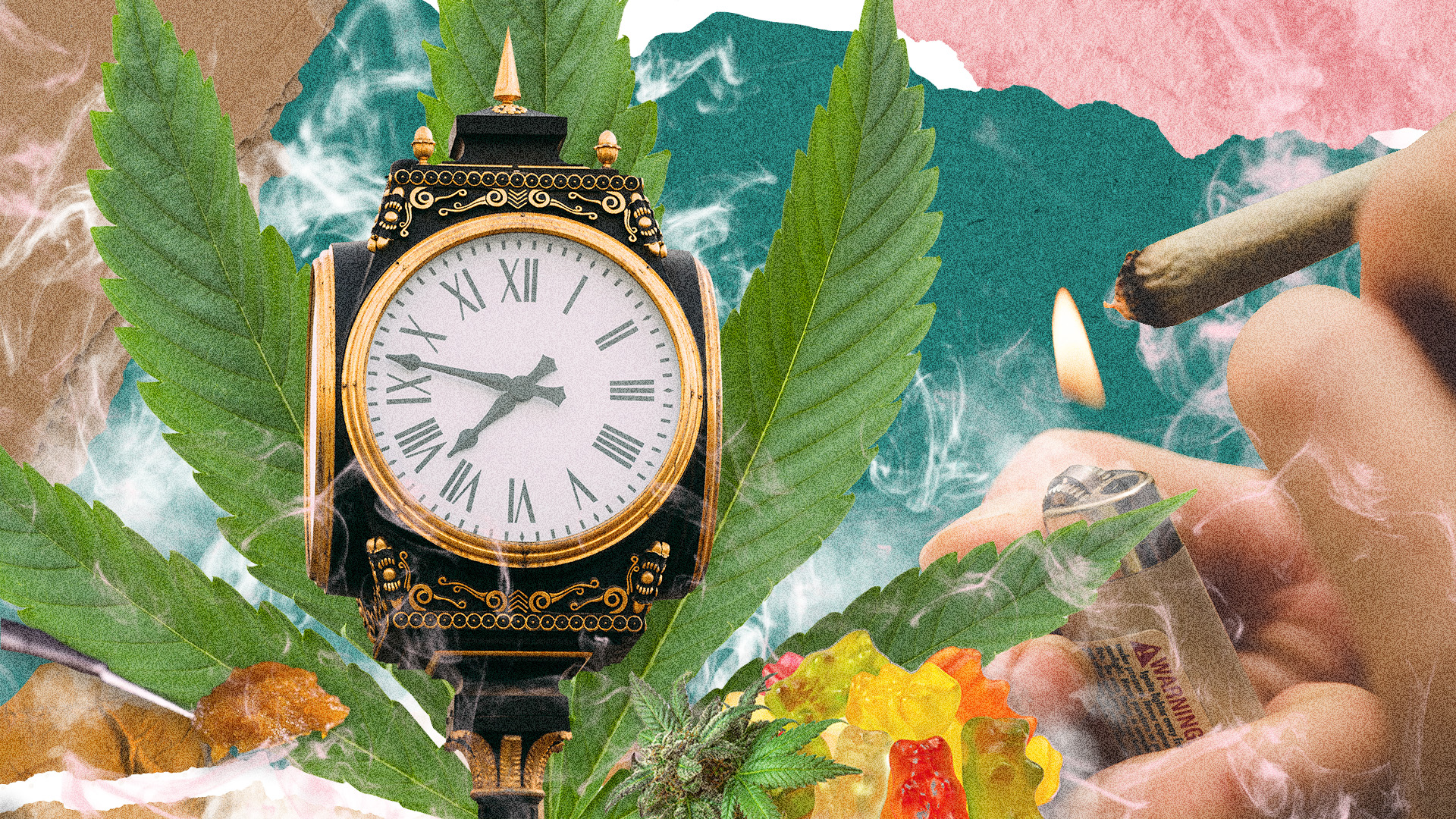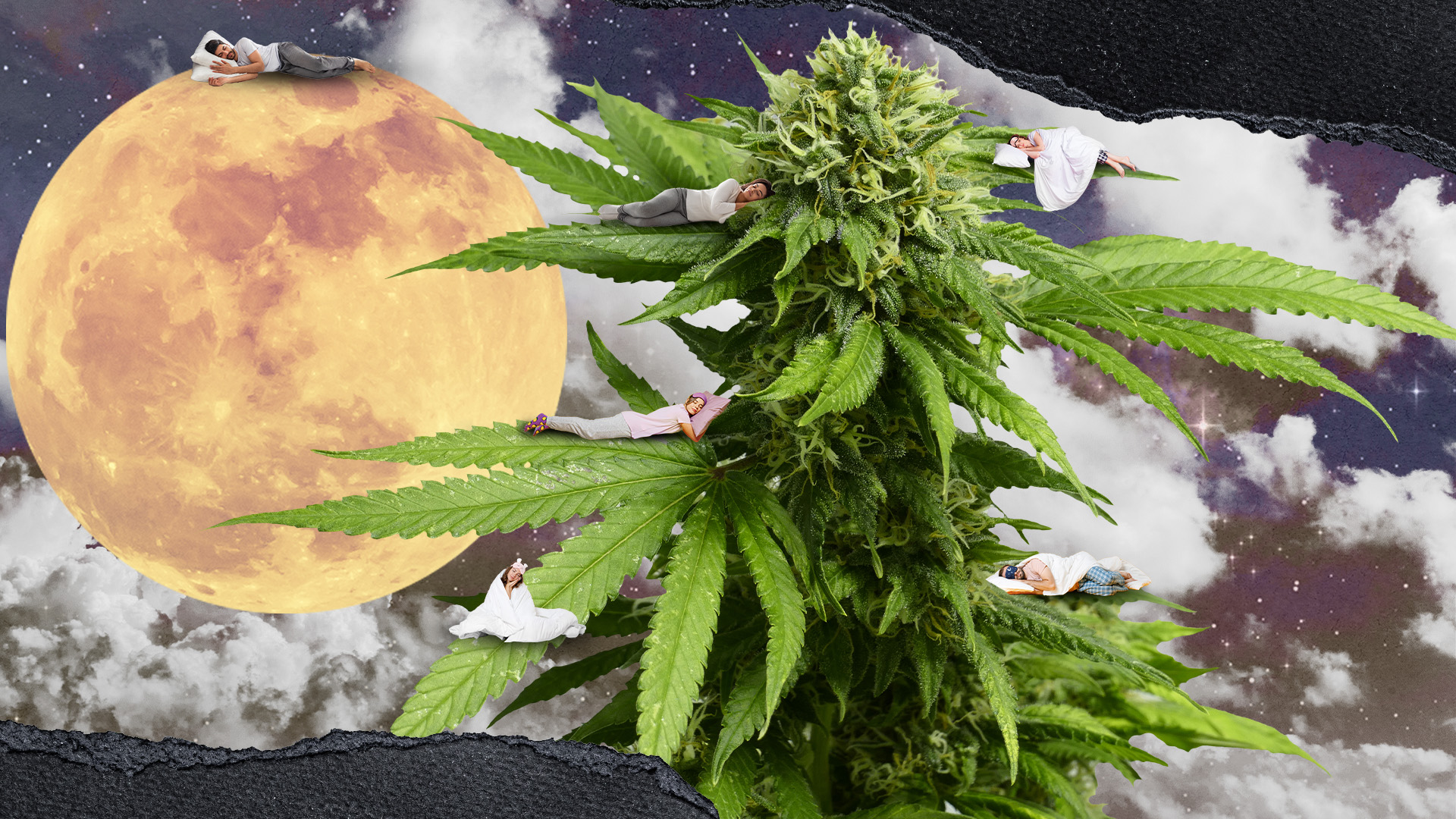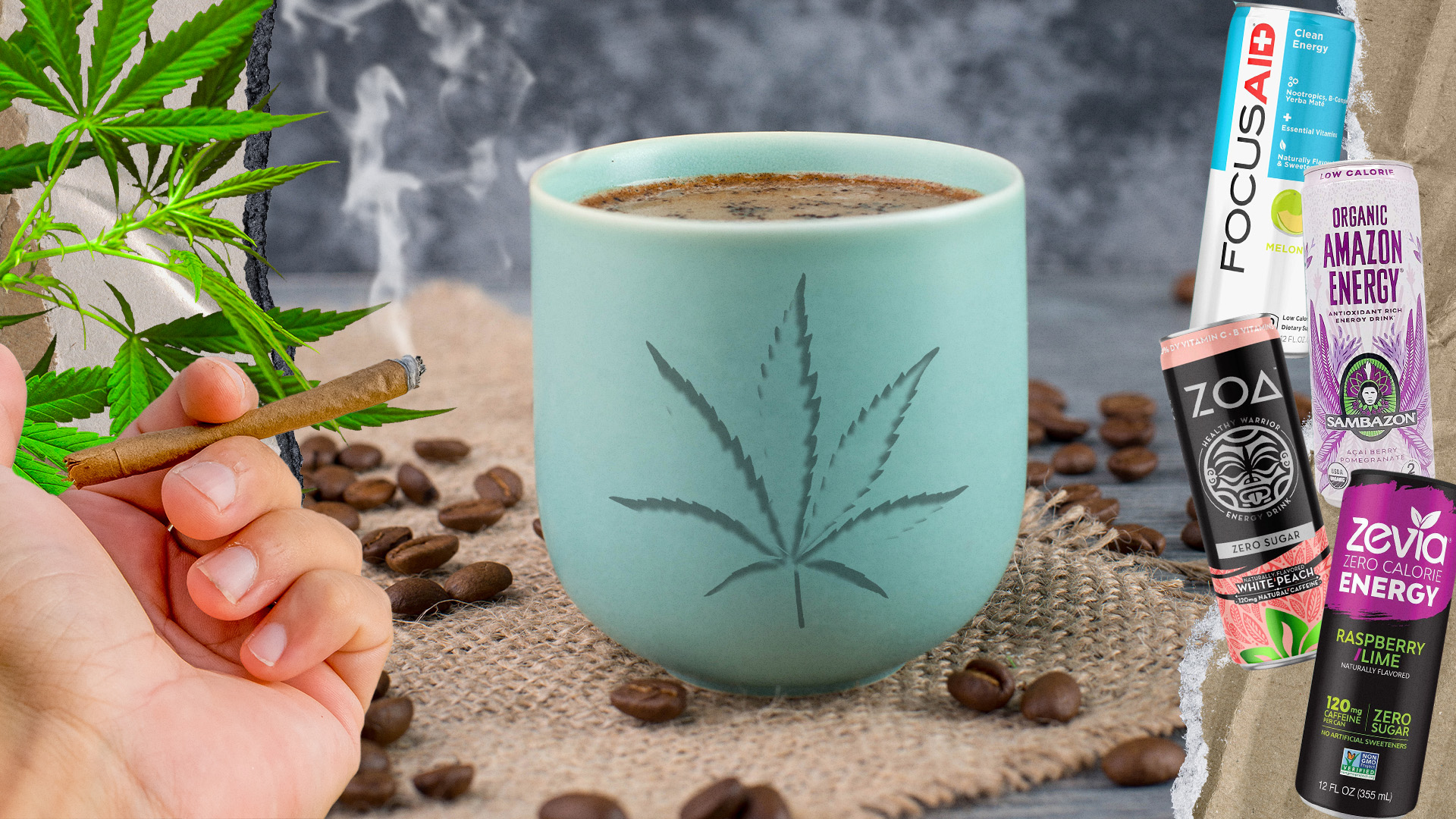A recent study from the University of Pittsburgh suggests that the United States federal government’s current stance that cannabis is a gateway drug is bunk. Cannabis is a gateway drug is nothing more than another Reefer Madness propaganda tactic. It is just about as old as cannabis prohibition itself. The gateway theory suggests that people who consume cannabis are more likely to continue on to experiment with other drugs and alcohol. Basically, if you decide to smoke weed, you’re just as likely to do cocaine, meth, heroin, drink alcohol, participate in prostitution, and all kinds of other horrible things.
The majority of our political representatives are clueless about cannabis. They know it as marijuana and associate it only with criminal activity. Coleman Drake is an assistant professor that specializes in health policy and management at the University of Pittsburgh Graduate School of Public Health. Dr. Drake is the lead author of the study that finds the gateway drug theory to be false. In an official statement to media sources, Dr. Drake said;
“We don’t find any evidence to support the theory that cannabis functions as a gateway drug… if anything, we find that recreational cannabis legalization decreases opioid-related emergency department visits.”
Drake and his team of researchers studied data collected from Nevada, Massachusetts, California, and Maine. Could you imagine one of our politicians taking the time to do this? Mr. Drake went on to say that many begin using opioids to treat pain and then go on to become addicted. “Cannabis is a substitute for pain relief, but it’s not a treatment for opioid use disorder. People might be finding that cannabis does help treat pain for opioid use disorder but ultimately isn’t treating other symptoms of the condition”.
Alice Bell of Prevention Point Pittsburgh said, “This data hopefully once and for all puts a nail in the coffin that marijuana is a gateway drug. It would be useful to do qualitative research and ask people who use drugs what they are actually doing.”
Okay, United States Federal government, what do you have to say to this study? Let me guess, the same thing you said back in the 1940s and in the 1970s, there’s a lack of scientific evidence to support these accusations. How long can you cling to the same propaganda? There is more than enough scientific evidence to support the therapeutical attributes of cannabis.
Marijuana is a gateway drug, really? This theory was debunked in 1944 by the New York Academy of Medicine and again in the 1970s by the Shafer Commission Report of 1972. Standing here in 2021, how can any political figure that is able to read a book and still say that marijuana is a gateway drug?
Where Did the Term Gateway Drug Even Come From?
Just what is a gateway drug? Where did this term come from, and what caused it to become part of our language? The term gateway drug is said to have originally been coined by Denise Kandle roughly 40 years ago when she was doing research on cannabis and other substances. Much to the dismay of the United States federal government, her research pointed to nicotine being a gateway drug.
Why You Should Get Your Medical Marijuana Card
Veriheal has satisfied millions of patients nationwide by giving them access to these benefits
- Larger purchase limits
- Peace of mind
- Enhanced legal protection
- Access to higher potency strains
- Save up to 25% on cannabis purchases
- Skip the line at the dispensary
Moving forward a little bit in 1984, the gateway drug theory made a comeback at the hands of D.A.R.E. They eventually acknowledged that the overwhelming majority of individuals that consume cannabis don’t graduate to powders and pills.
A study from Columbia University showed alcoholic rats were more likely to push levers releasing cocaine than non-alcoholic rats. Can we just take a minute to reflect on this? We have major issues in trying to legalize cannabis in our country, yet studies are being done creating alcohol and cocaine-addicted rats to compare to human behavior?
Another study was done in 2011, and it suggested the same effect with nicotine and mice. It’s nice to see we went from alcoholic cocaine-addicted rats to nicotine-addicted mice. I guess it’s showing a step in the right direction. Thankfully the newest study conducted by the University of Pittsburgh doesn’t compare us to rats or mice but just basically debunks the theory of cannabis as a gateway drug altogether. They may have been on to something. They just didn’t go in the right direction.
Cannabis is a Gateway to Many Other Things
In my opinion, cannabis is a gateway. It is a gateway to a happier life. It’s sometimes a gateway to the refrigerator. It’s a gateway to the determination to earn enough money to be able to have cannabis and the finer things in life. This makes it a gateway to work. It is a gateway to a healthier alternative versus prescription drugs such as opioids, benzos, and others. Cannabis is also a gateway drug to future generational wealth.
Those who put forth effort in the legal cannabis industry in bringing it to fruition also have a chance at establishing the foundation of financial freedom that previously was non-existent. So yes, it is possible that cannabis is a gateway drug. However, if these are the gates it opens, what’s the problem? Would prosperity and the improved health of a nation be a bad thing? Perhaps our elected representatives like it better when we are divided, conflicted, and addicted to substances they control, such as prescription drugs, tobacco, alcohol, and let’s not forget fashion.
The theory that cannabis is a gateway drug is absolute madness; you might even call it Reefer Madness! End the madness today, and let’s abolish this theory and propaganda once and for all!
Author, Share & Comments










